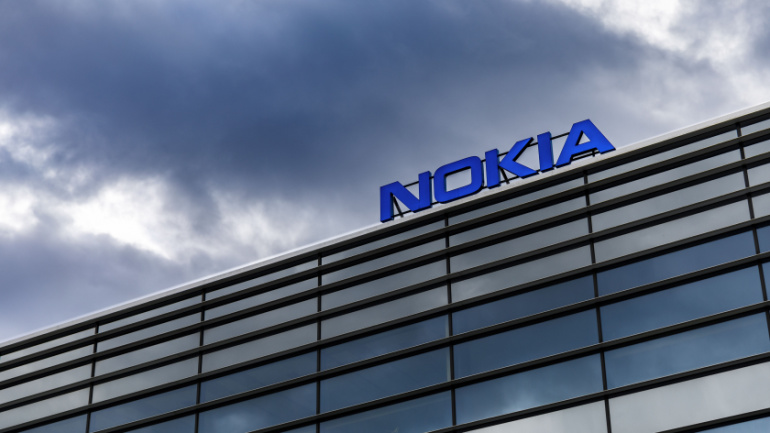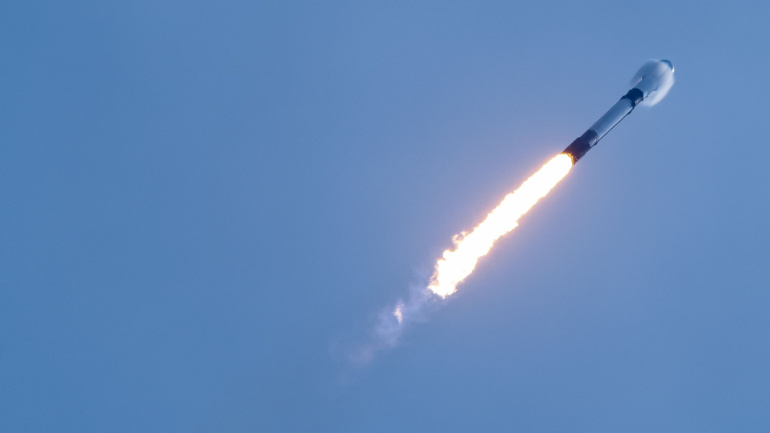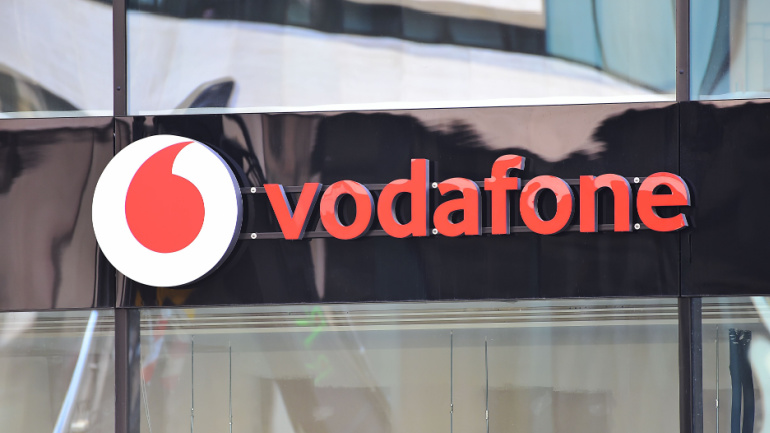GSMA welcomes China Mobile, China Telecom, and China Unicom to the Open Gateway initiative, aiming to enhance services and boost 5G connectivity through API-driven single access points. Collaboration between operators, developers, and cloud providers promises new opportunities and transformative benefits.
The US and India strengthen their strategic partnership, focusing on 6G research, Open RAN, and semiconductors, while collaborating on technology sharing, co-development, and co-production opportunities between industry, government, and academia.
Nokia breaks 5G speed records at Finland’s OuluZone facility, demonstrating mmWave technology’s potential to overcome traditional limitations. Impressive 2.1 Gbps FWA downlink speeds achieved may soon enable operators to deliver widespread, multi-gigabit broadband coverage.
ADI invests €630 million to expand its Limerick operations, tripling fabrication capacity and fostering innovation through the €100 million ADI Catalyst Centre. Meanwhile, energy efficiency becomes a priority for 5G Massive MIMO and future 6G development.
Elon Musk’s ambitious plans to bring Starlink to India face challenges amidst spectrum policy clashes with local telecom operators. As the competition heats up in India’s satellite communication space, the sector’s future remains a hot topic.
UK operator EE boosts mobile connectivity for summer events with 125 temporary 4G and 5G masts, enhancing download speeds and coverage for attendees. As live events flourish, the challenge for operators is monetizing these network improvements.
Vodafone UK’s launch of 5G Ultra, a standalone 5G service, marks a significant milestone in the UK telecom market, offering faster speeds and improved battery life. However, with limited device support and potential focus on B2B applications, will competitors follow suit?
Global telecom giant Veon commits $600 million to boost Ukraine’s infrastructure, focusing on 4G mobile and fiber development, while inviting other institutions to join the initiative. Kyivstar, Veon’s subsidiary, aims for 98% 4G coverage in three years, with potential 5G advancements.
Nokia’s recent summer launches showcase significant advancements in their AirScale portfolio, utilizing ReefShark chips and optimization for 5G SA and 5G-Advanced. Additionally, their AI-powered network management solutions ensure increased efficiency for future network evolution.
Virgin Media O2 extends its RAN deal with Nokia, enhancing 4G and 5G coverage in the UK, while exploring potential 5G cloud RAN pilots. This partnership diversifies vendors and supports the nation’s digital transformation.











